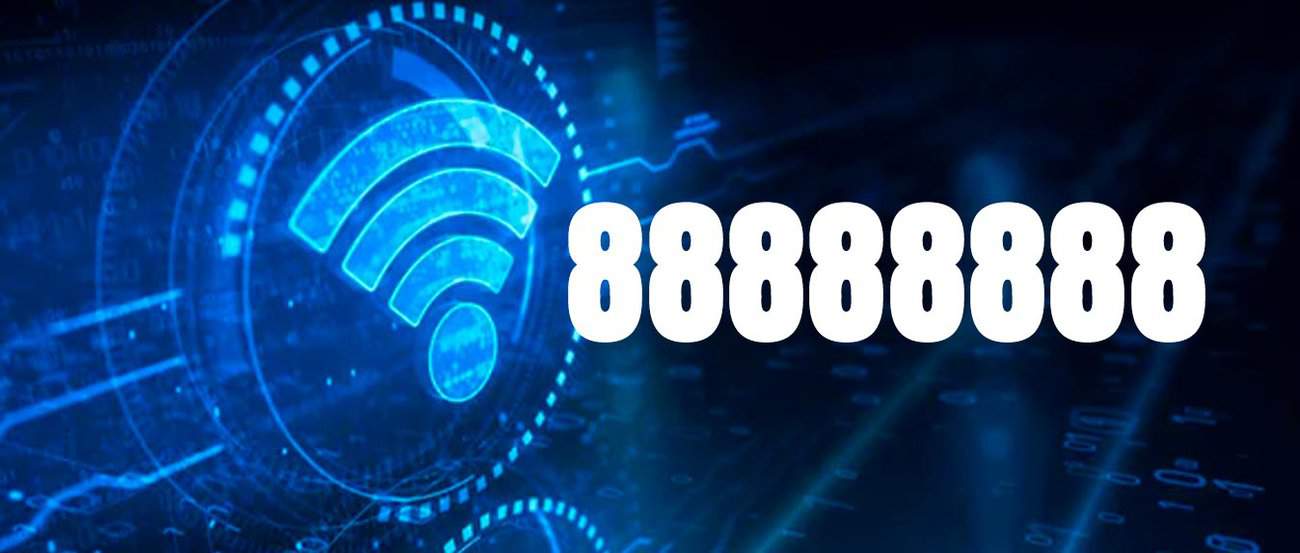
A user on Reddit recently revived a topic that has already been discussed in countless articles about China, especially when it comes from the perspective of someone from the West observing the characteristics of the ancient nation: superstition regarding the number 8.
Among the curiosities about this number and China, we can remember the Beijing Olympics. The opening was on 08/08/08 at 08:08 and the 2008 (look at the 8 again) perfectly choreographed percussionists caught everyone’s attention.
This number is culturally very well accepted by the Chinese people. Bringing the topic to the world of Wi-Fi connections and password definitions to protect that access point, the sequence of some number 8s would be the equivalent of the well-known 12345678 in the West. A combination that still often appears in surveys on the most used passwords, and that directly implies numerous security problems, due to a combination that is already very obvious.
Betting on the idea of fortune
While 12345678 is more likely to be associated with laziness or carelessness in choosing a better password, a combination of a sequence like 88888888 in China is associated with positivity and good feelings. The word for 8 in Chinese sounds like “fortune,” so they often use the number in store names, phone numbers, or even as the password for Wi-Fi networks.
In this chronicleauthor José Luiz Peixoto, who visited the city of Zhuhai, in China, jokes that when you don’t know the Wi-Fi password, it’s always worth trying the number 8 repeated 8 times. “It often works,” he says.
The contrast to this is the number 4, as it sounds like a relation to the sense of death.
While the positive focus on the number is culturally significant, it can become a problem, considering that cybercriminals often use social networks Public Wi-Fi to steal data and distribute malware.
Recently, Australia’s AFP reported that employees of an airline in the country reported a suspicious Wi-Fi network. Created by a criminal during flights and at airports, legitimate networks were imitated to obtain data from inattentive passengers. To obtain credentials, he requested access logins via the victim’s email and social networks, thus collecting their personal data.
Source: https://www.hardware.com.br/noticias/a-maioria-das-redes-wi-fi-publicas-na-china-usam-a-senha-88888888-saiba-por-que.html


